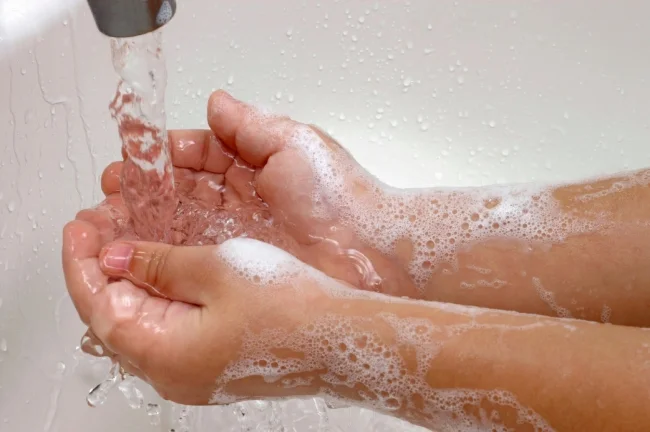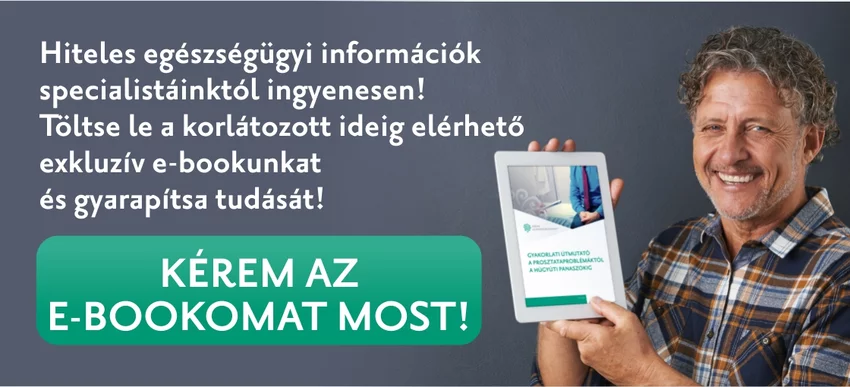When should we wash our hands?
- Always wash your hands whenever there is a danger of infection: after using public transportation when going to work or home and not only when the contamination is visible.
- Hand washing after using the toilet is part of our basic body hygiene. Washing our hands before using the toilet should be as important since, we should not touch our most intimate body parts with contaminated hands.
- Hand washing before a meal should also be natural since the germs from our hands can get into our digestive system with our food.
- When we are visiting, the first thing we should do is to go to the bathroom to wash our hands, especially, where there is an infant or a pregnant woman or, by chance, illness in the family, since the underdeveloped, weak or run-down immune systems are acutely vulnerable to germ attacks.
What is a thorough hand wash?
Proper hand washing should, actually, be taught early in childhood.
According to hygienists, proper hand washing should include not only the palm but also the fingertips, the back of the hand and the thumb should be washed thoroughly with soap for at least 30 to 60 seconds. Warm water increases the effectiveness of hand washing, but if that is not available (on trains, when hiking, in badly equipped bathrooms, etc.), cold water is better than nothing. The soap may be in a bar or liquid form (the latter more hygienic in public bathrooms), and, since the soap also destroys the skin’s natural protective layer of fat, it would be good if the cleaning agent, in addition to cleaning the skin, would also contribute cream and nourishment to the skin. Disposable paper towels or electric hand dryers should be used for hand drying in public places.
If we cannot wash our hands, we should use a hand disinfectant solution or gel in which case, all of the hand surfaces should be covered with the disinfectant. One should make sure that the hand stays wet from the solution during the entire time that the disinfectant is being rubbed in.
Application:
The hand disinfectant solution or gel may be used for disinfecting the hand or skin at work, at home or while travelling.
Effectiveness:
Bactericide, fungicide, mycobactericide, virucide against shell covered viruses (including HBV, HIV, HCV). Also against Adeno and Rota viruses.
For example:
- hand disinfection before or after caring for the sick, the elderly or infants,
- when visiting a sick person,
- before and after using the toilet,
- while traveling or hiking.
Hospital hand hygiene
Good hand hygiene is even more important in the hospital setting where it is more likely that we meet up with contaminating germs and individuals with rundown immune systems. The most important and cheapest method for preventing infection in health care is a hand disinfectant with the appropriate antimicrobial spectrum used together with the correct hand disinfection technique.
The WHO’s global annual campaign advocates the need to improve hand hygiene practices through the education of health-care workers, by informing patients and visitors and raising public awareness with posters and other means in order to reduce the spread of life-threatening infections in health-care facilities.
The Buda Health Center has given high priority to developing good hand hygiene habits among the staff members and visitors for many years. A hand disinfectant dispenser is located at the main entrance of all their sites and, during the previous World Hygiene Day, had launched a hand hygiene information program for the entire staff. The program included hand inspection, hand hygiene education and testing, checking the effectiveness of hand disinfection, checking fluorescence and monitoring multi-resistant pathogens.


